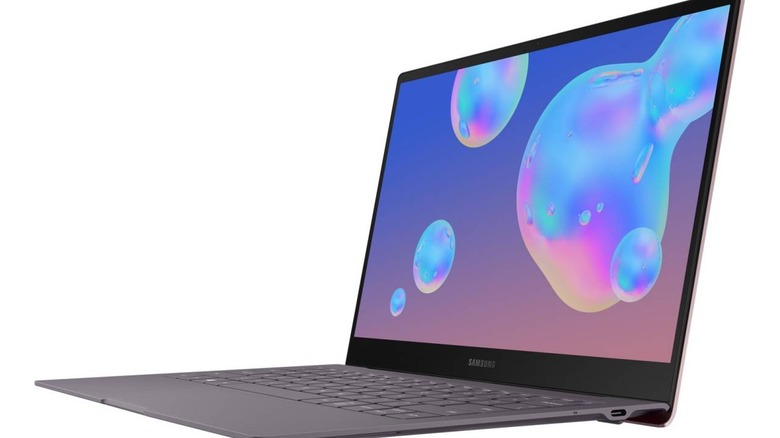I agree with your first point, but not your second. What does Apple being on ARM have to do with PC OEMs wanting to stick with tried and true x86 versus going out on a limb with much less well supported (in terms of Windows software) ARM? They can't buy Apple's SoCs, so if they perform really well it doesn't give PC OEMs new options.
Apple demonstrating that you can have more performance than an x86 computer (particularly in the laptop space) while having more than double the battery life, is a game-changer that other PC makers can't ignore.
I expect Apple to take the performance and battery life crown in the laptop segment.
Next, I expect Apple to start creeping into the large $700-$1000 laptop range and be able to offer more performance and more battery life than anything PC makers can offer here, which they have never been able to do before with Intel and POWER processors
A lot of buyers want a Mac but Intel Macs have been out of reach for them due to the price. With ARM Apple can finally start to penetrate this market, using the same strategy as the iPhone SE.
People are and should be comfortable with owning a Mac. iPhone owns ~40-50% of the U.S. market share. iPad 65%. They're already familiar with Apple's designs and walled garden. Up until now, Apple couldn't make a sub $1,000 laptop that wasn't crap (said by Steve Jobs himself). They will be able to with ARM.
I fully expect Macs to accelerate in market share once ARM Macs start releasing.
When that happens, combined with more professional software makers optimizing for ARM, I expect PC makers to start shipping more and more Windows/Google ARM computers.
I expect Qualcomm to benefit. I expect a repeat of iOS vs Android in which Qualcomm dominates Android/Windows ARM segment.
I expect Qualcomm and other ARM designers to put much more effort into laptop and desktop ARM chips after Apple's transition, thus accelerating the competition between ARM and x86 in laptops and desktops.
It's true that PC gamers and enthusiasts, which happen to be the majority on Anandtech forums, will always choose a Windows machine, no matter how powerful an Apple ARM SoC is. But this market is small and not representative of the overall market.
ARM Macs will have a drastic effect on PCs.



